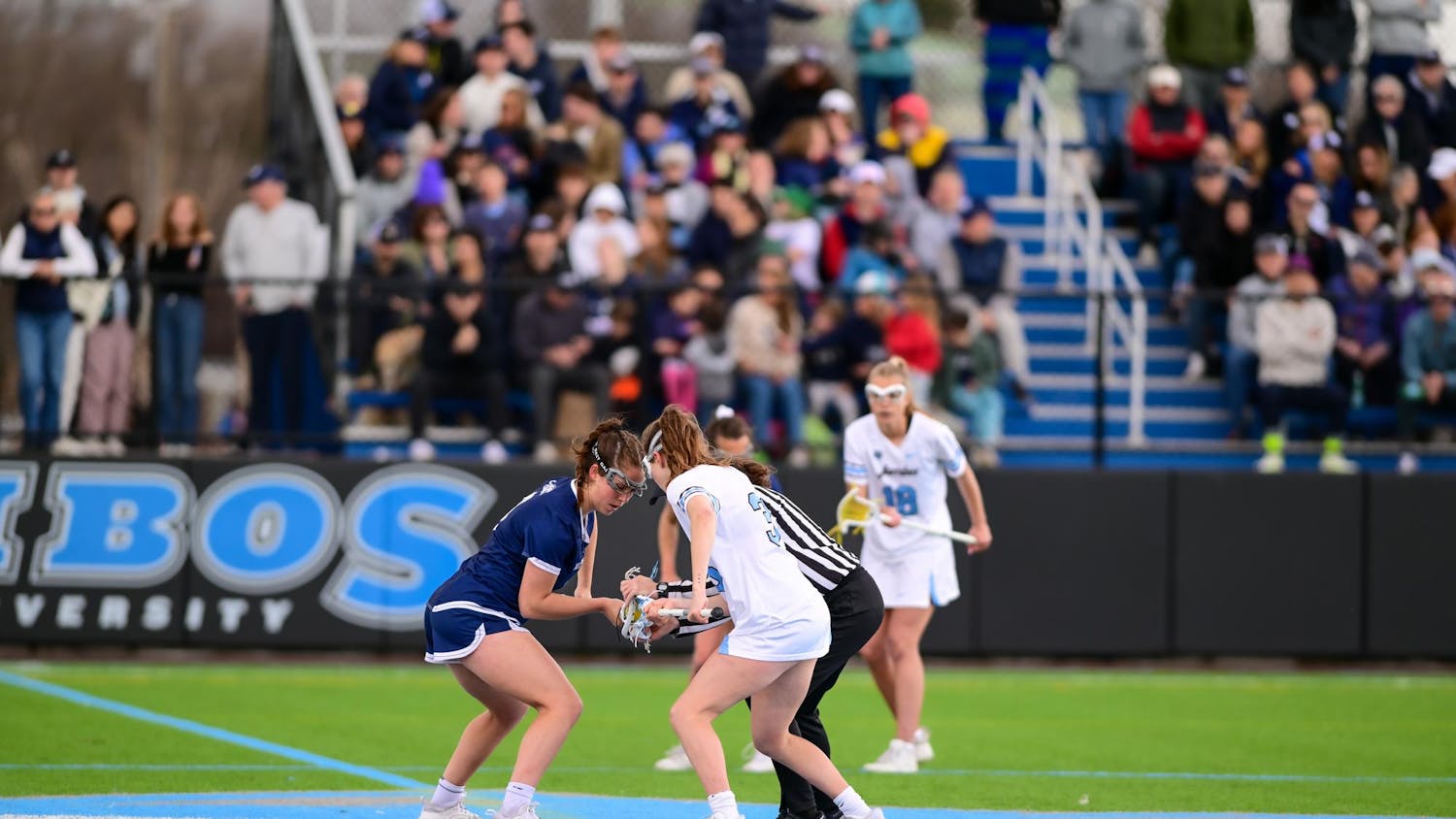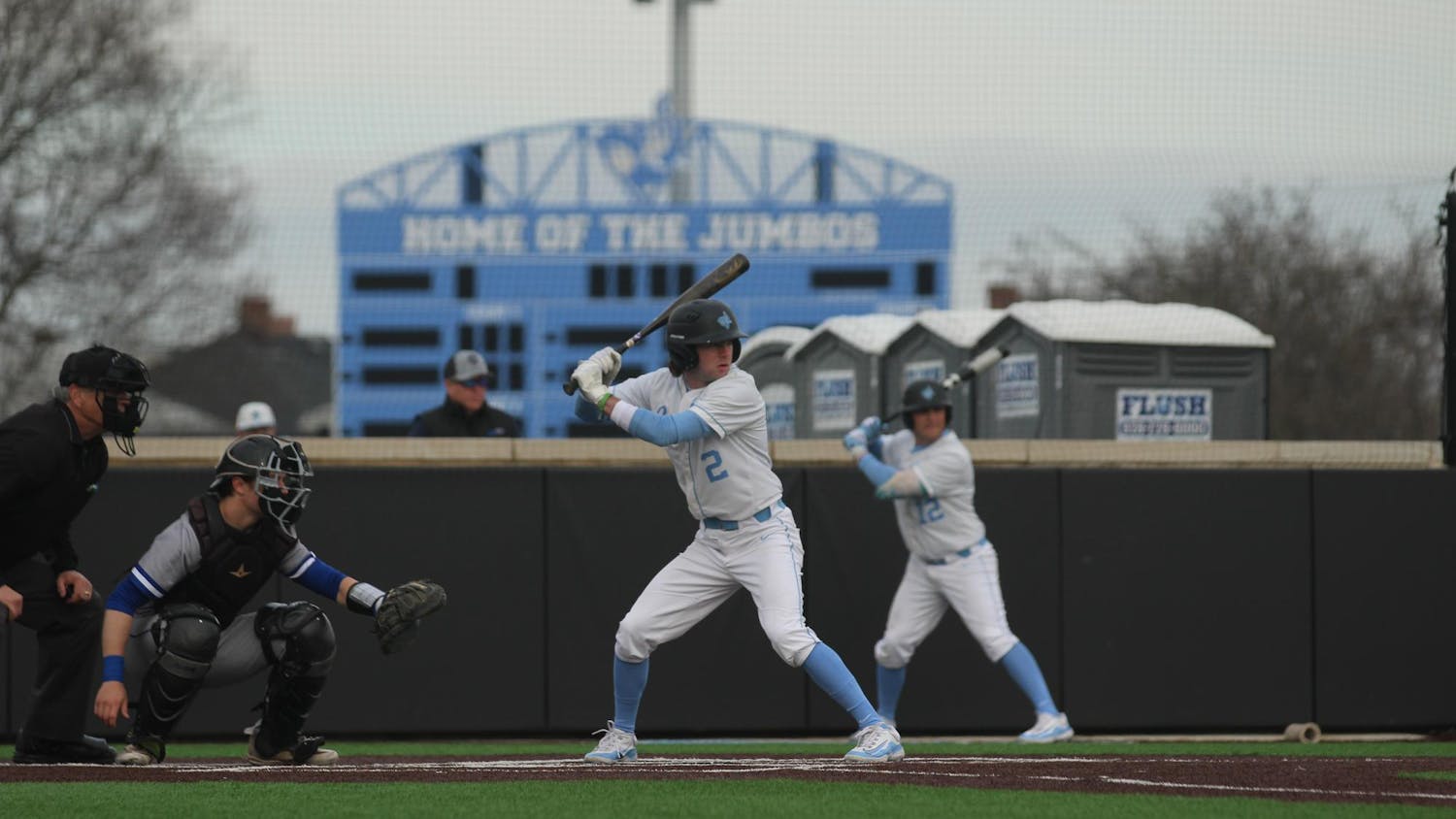The NBA trade deadline passed without much affair. As I am known to do when I arrive late to class, get food poisoning, or stub my toe, I will blame this situation on the dismal economy.
Recessions have immediate effects on consumers' spending habits, especially when it comes to discretionary, disposable goods like sports tickets. Though NBA Commissioner David Stern has stated that this year's league revenues are about equal to last year's, such is only the case because corporations can't back out of pre-purchased luxury suites and sponsorships. But even Stern admits that league revenues are likely to tumble next year, thus triggering a decline in upcoming salary-cap and luxury-tax levels. The Player's Association believes that both the cap and tax figures will drop $1 million, the first decrease since the current collective bargaining agreement was formed.
With this in mind, teams have become wary of taking on salary. More than ever before, teams are making deals only if they can acquire expiring contracts to free future salary cap space or if they can rid themselves of long-term deals that tie up money, helping them avoid paying the luxury tax. The Orlando Magic's acquisition of Rafer Alston (aka Skip to My Lou aka The World's Greatest aka Pharrell) was perhaps the only deadline move that was meant to have a considerable impact on what goes on this season on the court.
But most teams are so entrenched in their position as a have or have-not that the lack of mobility during the 82-game season causes them to prepare for offseasons rather than make meaningful changes during the season. After making a run in the playoffs last year, the New Orleans Hornets tried to trade one of their three best players, Tyson Chandler, who is due $25 million over the next two years, so they could acquire a couple of contracts that expire sooner. Chandler failed his physical, so the trade didn't work out.
The Los Angeles Lakers, one of the most financially successful teams and a club that hopes for a repeat trip to the finals, have parted ways with Chris Mihm and Vladimir Radmanovic. The reason: to save money on the luxury tax. Same goes for the Celtics, who simply forfeited assets. They not only gave away Patrick O'Bryant and Sam Cassell to the Raptors and Kings, respectively, but they essentially paid both teams to take the players off their hands. I doubt that a 2015 conditional second-round draft pick was terribly enticing to the Celtics. Meanwhile, the amount the Kings committed to payroll for next season fell by more than $20 million through recent deals.
A few big-name players — Jermaine O'Neal, Larry Hughes and Shawn Marion — were traded. But even players with substantial salaries were acquired with the salary cap in mind, as they all have contracts expiring before the summer of 2010, the year that the best free-agent class in the history of histories goes on the market. I personally have been saving money for it.
Currently, the sole reason I'm hoping that the economy pulls quickly out of its current crisis is so that basketball teams can start taking on some serious salary by 2010. Stern needs to find a way to stimulate the dog days of February so the league can pull out of this repetitive midseason lull. For the good of the game, let's hope aspiring competitors will have some money to spend when some huge stars — LeBron James, Dwyane Wade and Chris Bosh — become free agents.
--
Jeremy Greenhouse is a sophomore who has not yet declared a major. He can be reached at Jeremy.Greenhouse@tufts.edu.





